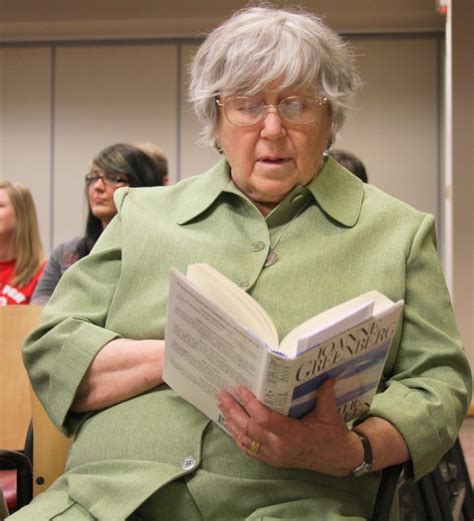A Quote by William Shakespeare
In persons grafted in a serious trust,
Negligence is a crime.
Quote Topics
Related Quotes
The police, at their best, do three things; they prevent crime, they respond to crime, and they solve crime. In all three of those buckets, they need the trust of the community to do it, so I believe that if we restore the trust that we will change the way police are experiencing communities and ways that will preserve life and make everyone safer.
I am a writer, a professional journalist with serious credentials in Crime, Craziness, and Politics. I have mingled with dangerous criminals and attended many trials . . . from Hell's Angels, Black Panthers and Chicano street fighters to Roxanne Pulitzer and even Richard Nixon, back in the good old days before he was run out of the White House for fraud, perjury, graft, and criminal negligence.
To punish a man because he has committed a crime, or because he is believed, though unjustly, to have committed a crime, is not persecution. To punish a man, because we infer from the nature of some doctrine which he holds, or from the conduct of other persons who hold the same doctrines with him, that he will commit a crime, is persecution, and is, in every case, foolish and wicked.
Nearly all our ills are the result of neglect in some way or other. And this truth may be said to apply to the ills of nations as well. Negligence is at the bottom of all decay. And decay always starts by showing little signs-or warnings. Then is the time to show interest and to be alert. There is nothing quite so easy as to neglect, and nothing quite so difficult as to repair that negligence. Negligence always carries a high price. It costs nothing to avoid it!
But how is this legal plunder to be identified? Quite simply. See if the law takes from some persons what belongs to them and gives it to other persons to whom it does not belong. See if the law benefits one citizen at the expense of another by doing what the citizen himself cannot do without committing a crime.







































